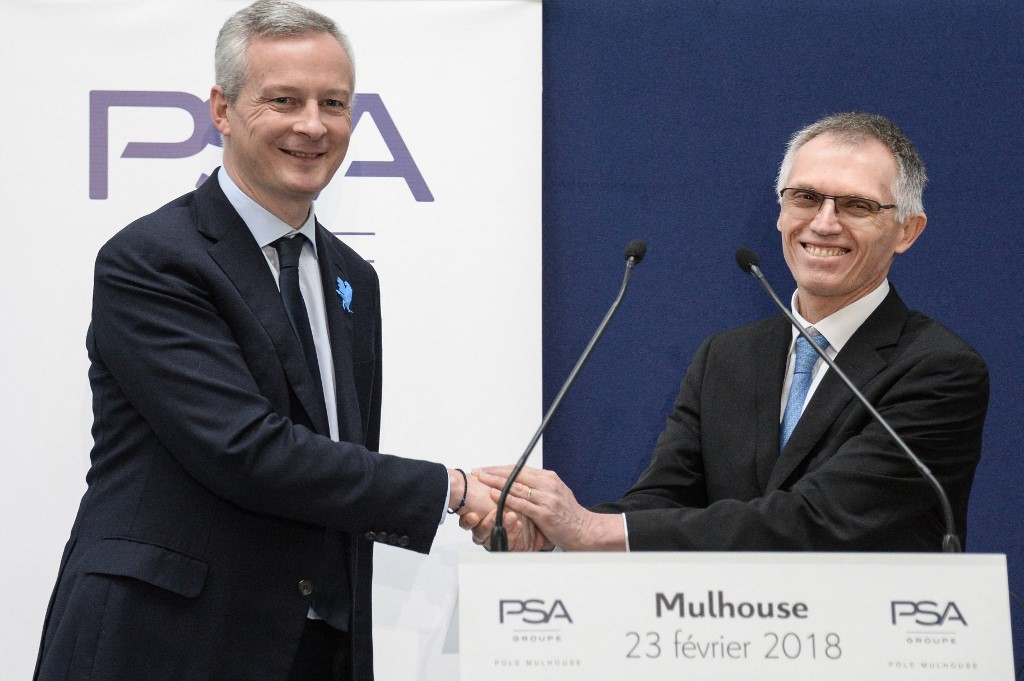Electric Peugeot 208: Why Carlos Tavares Refused to Produce in France
At the beginning of 2024, Carlos Tavares, the CEO of Stellantis, made headlines when he rejected Bruno Le Maire’s proposal to produce the electric Peugeot 208 in France. Tavares cited the lack of competitiveness in the country, specifically pointing to the high labor costs as a major obstacle. However, a recent report has cast doubt on Tavares’ argument, raising questions about the real reasons behind his decision.
The Competitiveness Issue
In an interview with Le Figaro last year, Tavares expressed skepticism about the profitability of producing compact electric vehicles in France. This statement directly contradicted Le Maire’s hopes of keeping the production of the Peugeot 208 within the country, rather than outsourcing it to Spain. Unlike Renault, which plans to manufacture its R5 model in Douai, Stellantis has reserved its French production facilities for larger electric vehicles such as the 3008 and 5008.
The Future of Electric Vehicle Production in France
Despite Tavares’ reservations, the French government continues to push for the localization of electric vehicle production in the country. The success of Renault’s initiatives has proven that it is possible to manufacture compact electric vehicles profitably in France, challenging Tavares’ claims. As the demand for electric vehicles grows, the debate over where they should be produced intensifies, with implications for both the economy and the environment.
In conclusion, the decision by Carlos Tavares to refuse production of the electric Peugeot 208 in France raises important questions about the competitiveness of the country’s manufacturing sector and its ability to adapt to the growing demand for electric vehicles. As the automotive industry undergoes a significant transformation towards electrification, the choice of production location will play a crucial role in shaping the future of the industry in France.


















